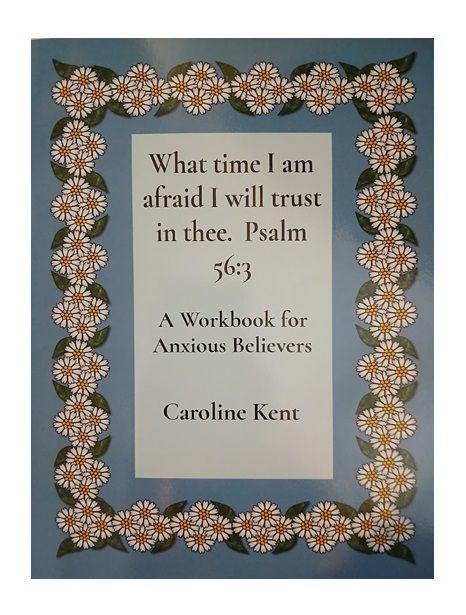Assurance
Introduction
Many Christians struggle with assurance — wondering whether they truly belong to Christ, fearing they may be self-deceived, or feeling the weight of doubt when they fall into sin. Scripture acknowledges this struggle but also offers clear grounds for certainty. Assurance rests not on our feelings but on Christ’s finished work, the promises of God, and the inward testimony of the Holy Spirit. Richard Baxter, in A Christian Directory, writes extensively on the nature of assurance, its grounds, and the means by which believers may be strengthened in it.
Scripture Focus
- “These things have I written unto you that believe on the name of the Son of God; that ye may know that ye have eternal life, and that ye may believe on the name of the Son of God.” (1 John 5:13, KJV)
List of Relevant Scriptures
- Job 19:25–27 – “I know that my redeemer liveth.”
- Psalm 23:6 – “I will dwell in the house of the Lord for ever.”
- Isaiah 32:17 – “The work of righteousness shall be peace; and the effect of righteousness quietness and assurance for ever.”
- John 10:28–29 – None can pluck Christ’s sheep out of His hand.
- Romans 8:16 – The Spirit bears witness with our spirit that we are children of God.
- Romans 8:38–39 – Nothing can separate us from the love of God in Christ.
- 2 Peter 1:10 – “Give diligence to make your calling and election sure.”
- Hebrews 10:22 – Draw near in full assurance of faith.
Overview of the Biblical Teaching on This Issue
The Bible teaches that assurance is both a gift of the Spirit and a duty of believers. Its foundation is Christ’s unchanging work on the cross and God’s unfailing promises. The witness of the Spirit, producing faith and love, confirms to us that we belong to God.
Yet assurance may be weakened by sin, spiritual neglect, or trials. Believers may experience seasons of doubt, but these do not nullify their salvation. Assurance grows through faith in God’s Word, obedience in daily duty, prayer, and the Spirit’s witness within the heart. Ultimately, our confidence rests not in ourselves but in Christ, who is “the author and finisher of our faith” (Hebrews 12:2).
Pastoral Guidance
Drawing from Richard Baxter’s counsel:
- Distinguish true assurance from presumption: Baxter warns that some presume upon salvation without evidence of new life, while others with true grace live in fear. The test is not feelings but fruits.
- Look to Christ first, not inwardly: “The true foundation of assurance is without us, even the promise and covenant of God in Christ.”¹ Our confidence begins in His Word, not our wavering hearts.
- Examine evidences of grace: Assurance is strengthened when we see the Spirit’s work in us — love for God, hatred of sin, obedience, and longing for holiness. These are the marks of new birth.
- Use the means of grace: Prayer, meditation, and the Lord’s Supper are given to confirm faith. Baxter encourages diligent use of these means to nourish assurance.
- Expect degrees of assurance: Not all believers have equal confidence. Weak faith is still saving faith, and God comforts His children in different measures.
- Rest in God’s promises: “Live upon the covenant and promise of God; and though doubts arise, let His word be your anchor.”²
Further Reading
- Richard Baxter, A Christian Directory, Part I, Ch. XII (“Directions for Getting and Keeping Assurance”).
- Thomas Brooks, Heaven on Earth: A Treatise on Christian Assurance.
- John Owen, The Mortification of Sin (helps discern between presumption and true grace).
- Jonathan Edwards, Religious Affections (on marks of genuine faith).
- Modern: Joel Beeke, The Quest for Full Assurance.
Footnotes
- Baxter, A Christian Directory, Part I, Ch. XII.
- Ibid.





